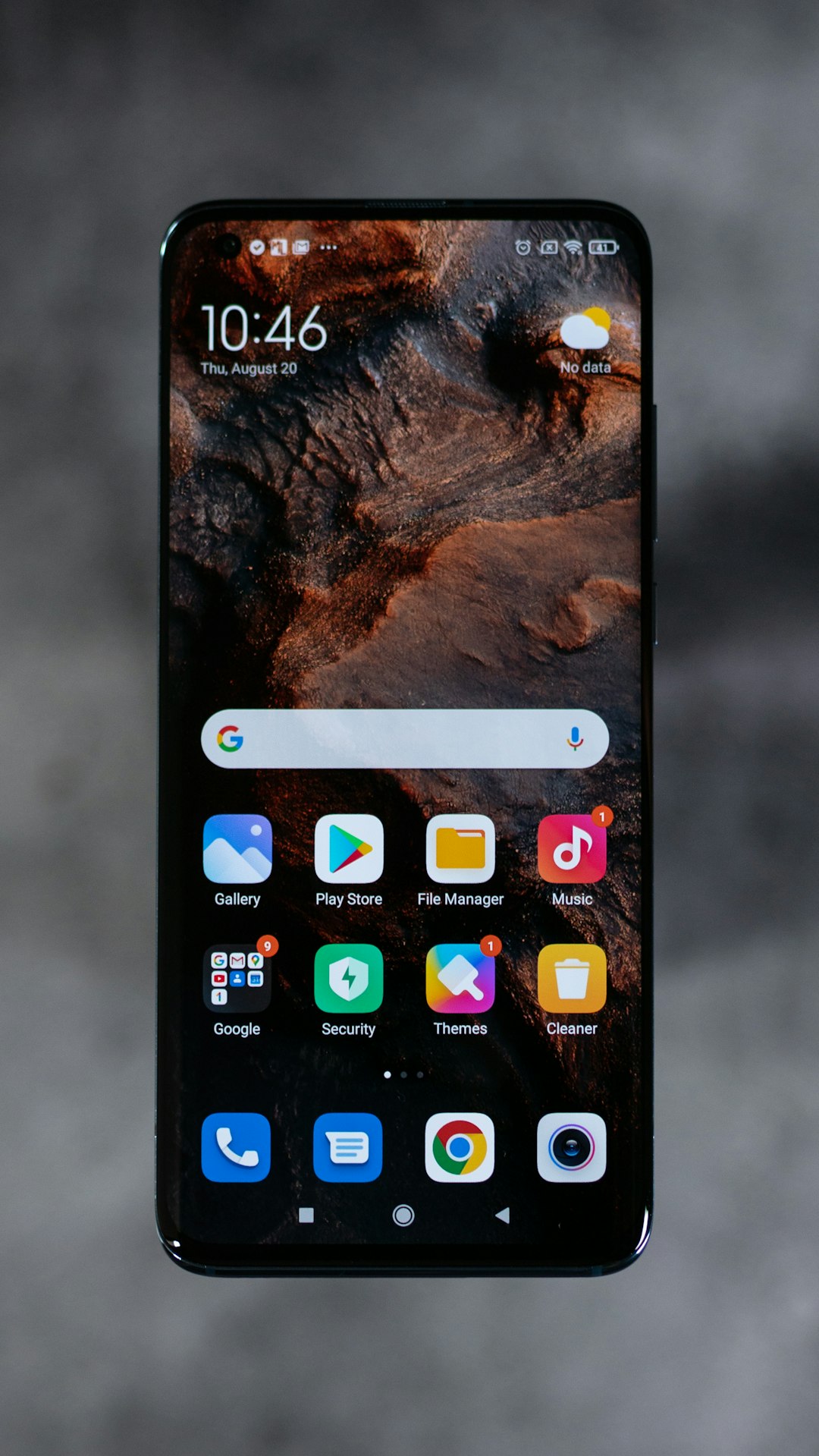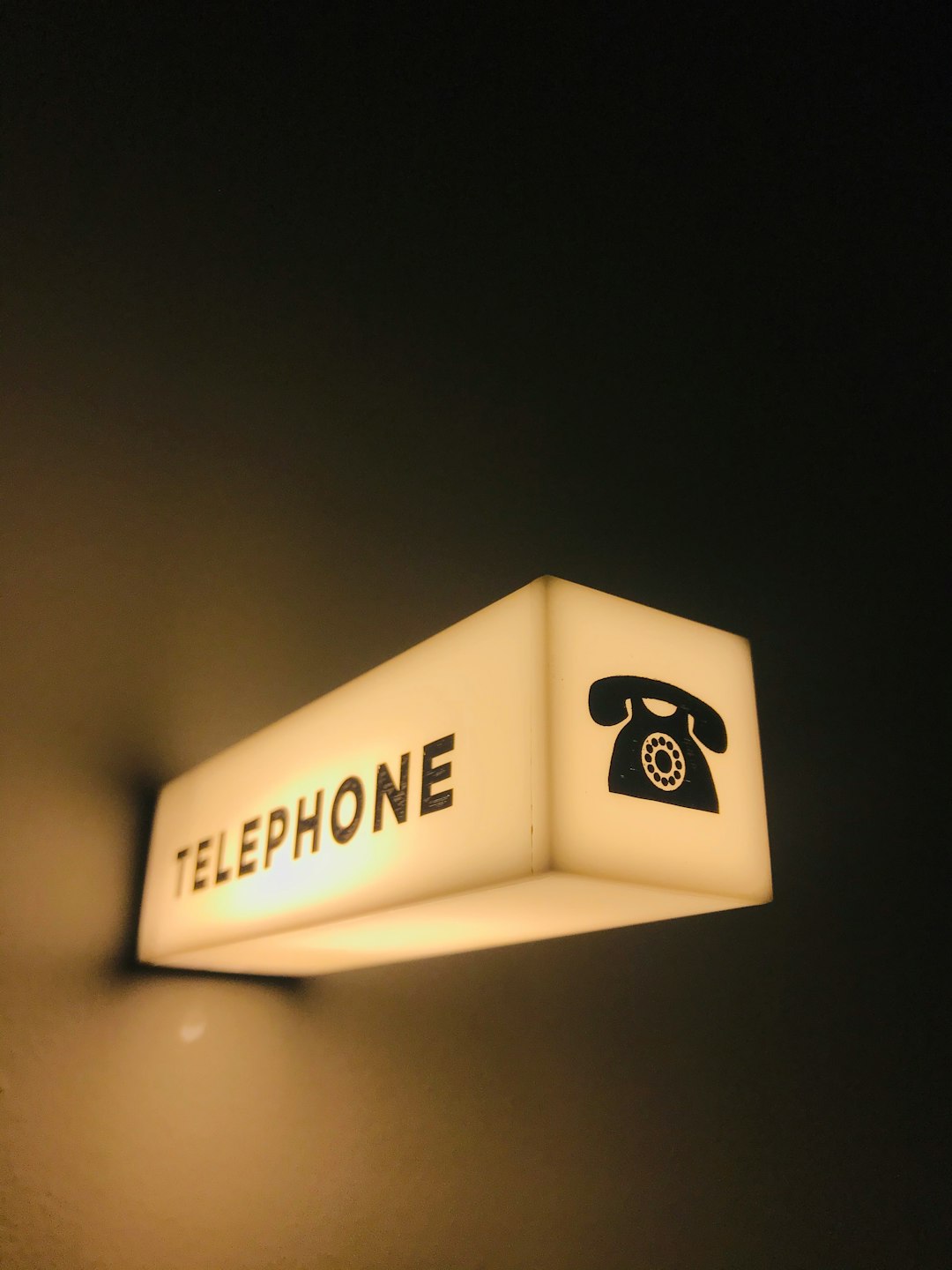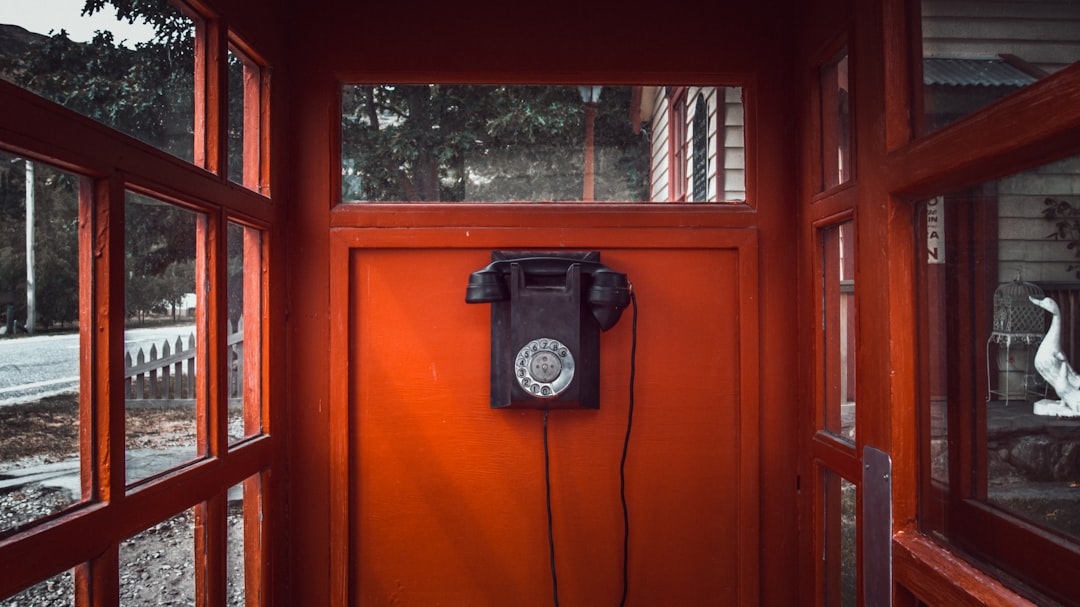Minnesota's "Do Not Call" laws protect residents from unwanted telemarketing calls by allowing them to register their phone numbers on a national registry. If these calls persist, individuals can file complaints with the Minnesota Public Utilities Commission (MPC). Recognizing signs of violation, such as refusals to disclose information or hanging up upon request, and collecting evidence are crucial steps. Complainants should familiarize themselves with Do Not Call Laws and provide detailed caller information to the Minnesota Attorney General's office. Effective enforcement relies on monitoring call patterns and reporting violations to dedicated state agencies.
Tired of relentless telemarketing calls? You’re not alone. Learn how to protect yourself under Minnesota’s robust Do Not Call Laws. This guide breaks down everything you need to know about identifying unwanted calls, filing official complaints, and tracking your rights. Discover the steps to take, from documenting call details to leveraging state regulations designed to safeguard your peace and privacy.
Understanding Do Not Call Laws in Minnesota

In Minnesota, Do Not Call laws are in place to protect residents from unsolicited telemarketing calls. The state has adopted the national “Do Not Call” registry, which allows consumers to register their phone numbers to prevent receiving marketing calls. By signing up, you give permission for your number to be marked as ‘do not call,’ making it illegal for telemarketers to contact you directly.
These laws provide significant leverage to residents who want to stop unwanted calls. If you’ve registered and still receive telemarketing calls, you can file a complaint with the Minnesota Public Utilities Commission (MPC). They enforce these regulations and have the authority to take action against violators. Knowing your rights and using these channels ensures a quieter, more peaceful home environment, free from persistent telemarketers.
Identifying Unwanted Telemarketing Calls

Unwanted telemarketing calls can be a persistent and frustrating issue, but understanding how to identify them is the first step in taking action. These calls often fall outside the boundaries set by Do Not Call Laws, such as those in Minnesota, which offer protections to consumers. By recognizing the signs, you can determine if a call is legitimate or a violation of these laws.
Telemarketers are required to provide a clear identification of themselves and the organization they represent. If a caller refuses to disclose this information or hangs up upon request, it’s a strong indicator that the call might be unsolicited and potentially illegal. Additionally, pay attention to the timing and frequency; if you’re receiving calls at inconvenient hours or in quick succession, it’s worth investigating further to ensure your privacy rights are respected.
Filing a Complaint: Steps to Take

Filing a complaint about unwanted telemarketing calls is an important step in halting persistent and harassing phone calls. Start by identifying the caller, if possible, and note the date, time, and content of each call. Collect evidence such as screenshots or recordings of the calls to support your case.
Next, familiarize yourself with Minnesota’s Do Not Call Laws, which protect residents from unsolicited telemarketing calls. You can file a complaint online through the Minnesota Attorney General’s office or by calling their consumer protection division. Provide detailed information about the caller and the nature of the calls, including any violations of the Do Not Call laws. The process may involve filling out a form, providing recordings or other evidence, and potentially explaining how these calls have affected you.
Tracking and Enforcing Your Rights

In many regions, including Minnesota, there are Do Not Call Laws in place to protect residents from unwanted telemarketing calls. These laws offer a powerful tool for consumers to take control and silence persistent callers. By understanding your rights and following the proper procedures, you can effectively track and enforce these protections.
To begin, most states, including Minnesota, have designated Do-Not-Call lists where you can register your phone number to opt-out of marketing calls. This process is usually straightforward, allowing you to make a single call or submit an online form. Once registered, it’s crucial to monitor your call patterns and report any violations to the relevant authorities. Many states have dedicated agencies tasked with enforcing these laws, ensuring that businesses adhere to the regulations and respect consumer choices.






